
The jawbone, also called the mandible, is a bone that fits into two joints on each side of the head, called temporomandibular joints or TMJs. The fact that the jawbone first perfectly into the TMJs allows a person to chew, speak, yawn and do other things normally.
Is it painful?
However, when the jawbone dislocates, it falls out from the joint and assumes an abnormal position. A person with a dislocated jawbone usually experiences pain and inability to close the mouth. The teeth do not align normally and the lower jaw sticks out front more than usually.
Dislocated jaw can occur due to forceful yawning or as a result of an injury involving impact to the jaw. In most cases a dislocated jaw is a one time problem but there are also people whose jaw becomes dislocated frequently and who have to be extra careful when they open their mouth too wide.
This problem requires urgent medical attention as it is very painful and may involve bleeding. Until the jaw is fixed and brought back to its normal position, the patient is advised to be very careful and to try to move the jaw as little as possible.
Symptoms of dislocated jaw
Main symptoms of dislocated jaw include pain, misaligned teeth and an abnormally forward position of the lower jaw. Other than that, there may be some bleeding and bruising, difficulty speaking or breathing because the mouth cannot be opened normally, drooling, generalized pain in the face, especially in the lower region and under the ears where TMJs are located and swelling of the jaw and the face.
Causes of dislocated jaw
The jaw can become dislocated due to forceful yawning or other similar movement in which the mouth is opened very wide. It can also be caused by an impact or trauma, for example in a fight, in a car accident or in a contact sport. Basically any side punch to the jaw can dislocate it. For this reason, it is highly recommended to use special protective gear when engaging in contact sports, to wear a helmet when riding a motorcycle and to always wear a seatbelt when driving in a car.
Some people are prone to dislocated jaw, due to certain anatomical characteristics, such as weak joints, and they tend to dislocate their jaw more than others. For those people, any action involving mouth that is wide opened may lead to dislocation of the jaw. This basically means that they have to be careful when yawning, shouting, opening the mouth at the dentist’s or doctor’s office and similar.


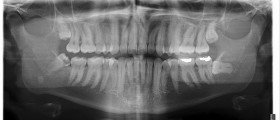

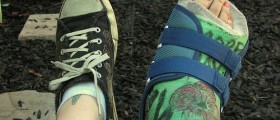
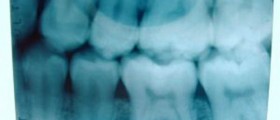
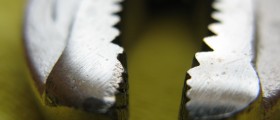
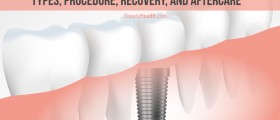
_f_280x120.jpg)
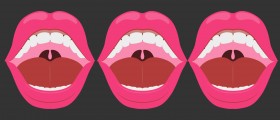

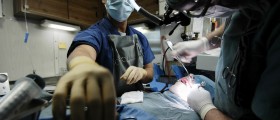
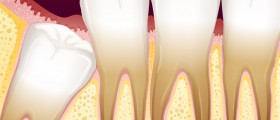

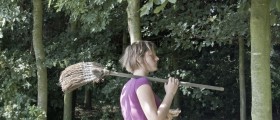
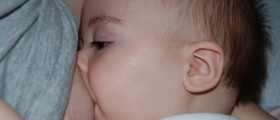
Your thoughts on this
Loading...